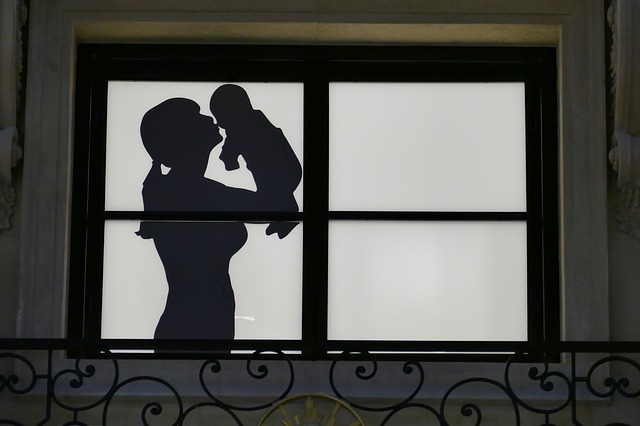American Indian Services has spent almost 50 years serving the indigenous peoples of the Metro Detroit area. Offering services that included culturally appropriate health and wellness services, counseling services, case management, diabetes prevention, after school and summer youth programs, and even a food pantry program that fed thousands of native Americans every year. But that era has come to an end. Due to the Covid19 pandemic, coupled with some major cuts in federal funding, the nonprofit will be closing its door permanently on the population that needs it most.

What does that have to do with CPS and indigenous families?
According to Director Fay Givens, one of her major concerns has to do with people not getting the help they need because of fear of the authorities. The “lack of trust” Givens sites is not a new phenomenon in the Native American Community. Years of assimilationist policies, which lead to Native children being sent away to government-run American Indian boarding schools to be “converted and assimilated”, has left many indigenous peoples afraid of asking for help from government agencies. “Our people are afraid that if they go in somewhere and admit they don’t have food, someone will call child protective services and take the kids away.”
It was not that long ago that native families were torn apart.
Givens’ concerns aren’t baseless. As recently as only one generation ago, as many as one third of indigenous children were removed from their families’ care and sent to boarding schools, where they were forbidden to speak their native languages or practice their cultures in any way. Additionally, many of those children claimed to have been physically and sexually abused while at the boarding schools, or living in the placement homes with white families. Although the practice of forcibly sending indigenous children away to boarding schools ended in 1978 with the Indian Child Welfare Act, many Native families are still afraid of the government, and specifically of CPS.
Poverty plays a role in the fears of the native peoples as well.
As Givens points out, Nastive American peoples are some of the poorest people in the nation, and always have been. This, she says, makes the problem worse. Poverty often means not being able to meet all of a child’s needs, which can look like neglect in the eyes of the state. Unemployment rates among Native Americans are even higher than among African Americans, which contributes to the concerns about not being able to provide for their kids. Although families find ways to make ends meet and communities support one another, many indigenous families have had bad experiences with CPS. Coupled with the long history of forced child removals, it’s hard to blame them for being afraid.
Don’t let CPS break your family up, or falsely accuse you of neglect.
Although Native American people see an inordinate number of CPS interventions, which gives them very valid reasons to fear the agency, they’re not the only ones. Families of all colors, ethnicities, and nationalities here in Michigan have been accused of neglecting their children, when the issue has more to do with a lack of resources and money. But it doesn’t have to be that way. Here at The Kronzek Firm our skilled and experienced CPS defense attorneys have decades of experience protecting families, and helping them fight against allegations of neglect and abuse. Call 866 766 5245 today, and make sure your family is safe from government overreach.

